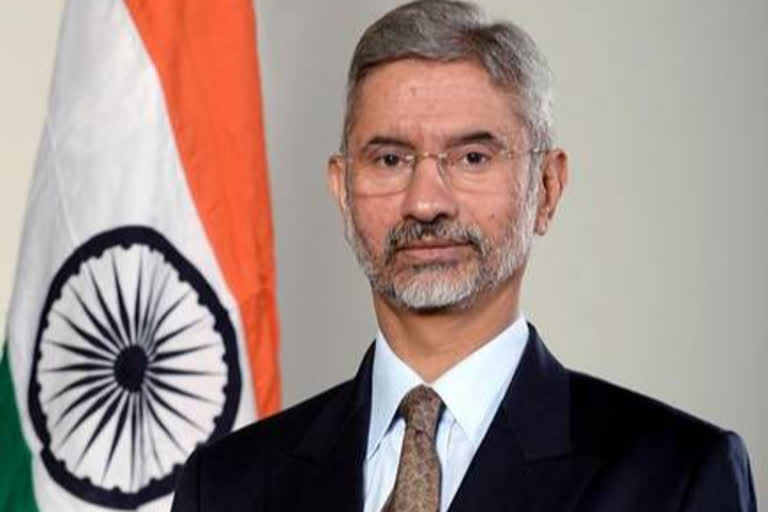New Delhi: Multilateralism did not rise to the occasion when it was most in demand, External Affairs Minister S Jaishankar said on Thursday while referring to the "unprecedented" challenge thrown up by the coronavirus pandemic in diverse areas globally.
In an address at a roundtable of ASEAN-India Network of Think Tanks, Jaishankar said that the world will never be the same again and that the impact of the pandemic has been beyond "our collective imagination".
"Current estimates put the cumulative loss in the range of USD 5.8-8.8 trillion or approximately 6.5-9.7 per cent of the global GDP. The contraction of the world economy being predicted will surely be the largest since the Great Depression," the external affairs minister said at the virtual event.
At the same time, he added that the true extent of the pandemic's destruction in terms of loss of lives and livelihood remains "unclear".
Analysing the evolving world scenario, Jaishankar said that the pandemic has brought the indivisible aspect of human existence that underpins globalisation, adding the new challenges have brought out the need for the international community to work together much more sincerely in search of collective solutions.
"The limitations of purely national responses or sometimes living in denial have become evident. It, therefore, underlines the need for the international community to work together much more sincerely in search of collective solutions," he said.
"The irony, however, is that just when multilateralism was most in demand, it did not rise to the occasion. If we saw little leadership, it was not just due to the admittedly anachronistic nature of key international organisations," the external affairs minister added.
Globally, coronavirus has infected over 22 million people and killed nearly 780,000 besides devastating economies in most countries.
In India, around 2.8 million coronavirus cases have been reported, while the number of deaths due to it is around 53,800.
In his address, Jaishankar said that the current situation also reflected the intensely competitive nature of current international politics.
